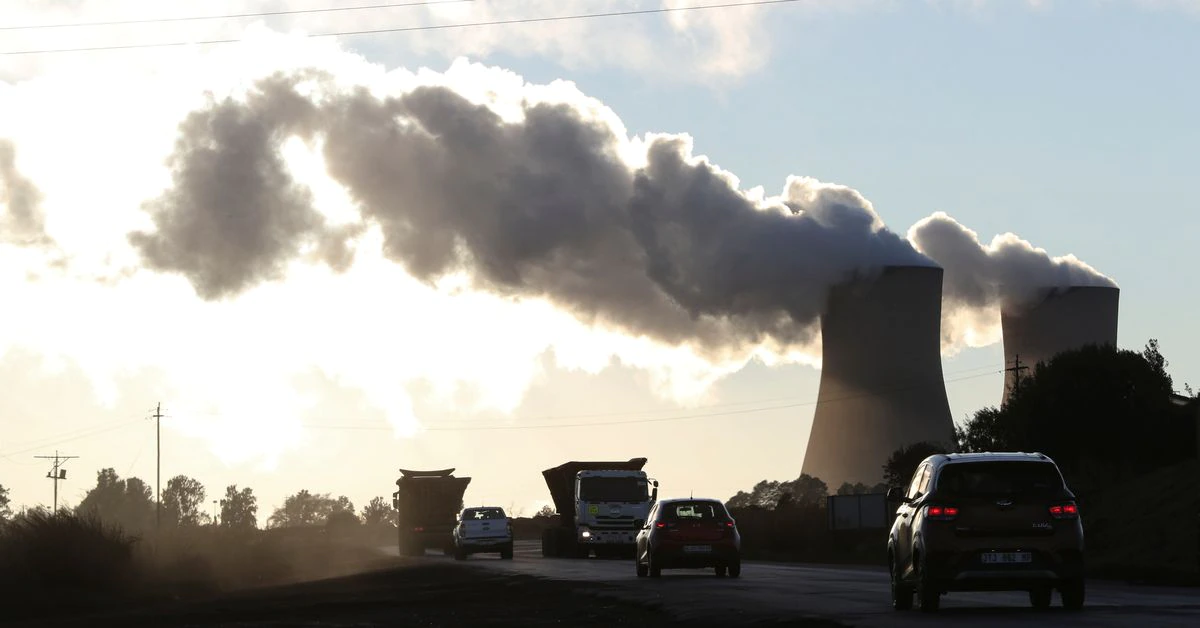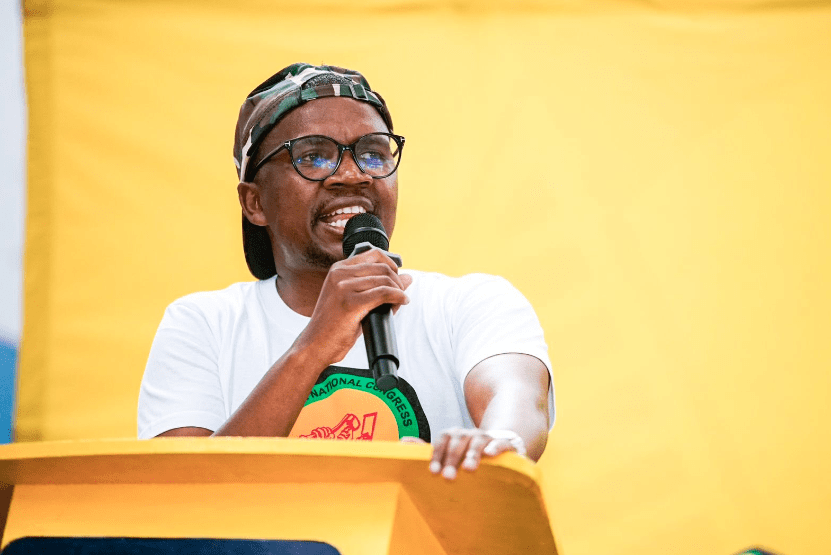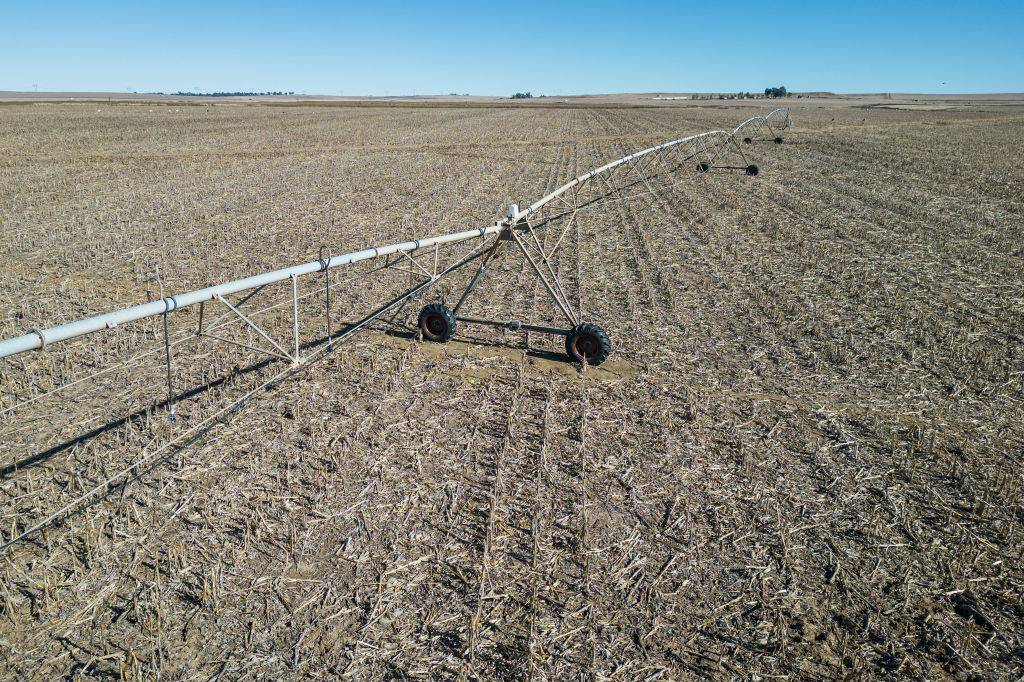JOHANNESBURG, March 18 (Reuters) – A South African court on Friday upheld a complaint by activists that poor air quality in the coal belt is a breach of constitutional rights, giving the environment minister a year to enforce a clean air plan drawn up a decade ago.
South Africa’s coal belt, east of the capital Pretoria and main city Johannesburg, is home to an estimated 3.6 million people as well as a dozen Eskom coal-fired power stations and some Sasol petrochemical plants.
A spokesman for Environment Minister Barbara Creecy said she had noted the ruling by the court would study the judgment before releasing a statement.
Register now for FREE unlimited access to Reuters.com
Activists, scientists and doctors have argued that an epidemic of respiratory diseases in the area is a direct result of high levels of air pollution. The U.N. special rapporteur on human rights and the environment, David Boyd, made a submission in support of the case.
A 2019 study, for the state-owned Council for Scientific and Industrial Research, showed more than 5,000 South Africans die annually in the coal belt because the government has failed to fully enforce its own air quality standards, and that a quarter of households there have children with asthma. read more
The High Court in the capital Pretoria said Creecy had a legal duty to make regulations that enforce the government plan for cleaner air, which was drawn up in 2012 but has yet to be implemented.
“The Minister has unreasonably delayed in preparing and initiating regulations to give effect to the … plan,” the judgment said, adding: “The Minister is directed, within 12 months of this order, to … prescribe regulations … and enforce (them).”
In her submission to the court, the minister had argued that while air pollution in the coal belt was indeed a problem, using the constitution to try to force the minister’s hand violated the separation of powers – an argument the court rejected.
The court ruling will require the government to take tougher action against heavy polluters such as liquid fuel producer Sasol (SOLJ.J) and state power company Eskom, which is drowning in debt and struggling to keep the lights on as it is.
Representatives of Eskom and Sasol did not immediately respond to requests for comment.
South Africa’s coal industry, the world’s fifth largest, employs 90,000 miners, generates 80% of the country’s electricity and supplies the feedstock for about a quarter of the country’s liquid fuel for vehicles, all at a time of soaring unemployment and frequent blackouts.
Register now for FREE unlimited access to Reuters.com
Reporting by Tim Cocks
Editing by Raissa Kasolowsky and Nick Macfie
Our Standards: The Thomson Reuters Trust Principles.















.jpg?itok=F2C4uk0x)




Discussion about this post